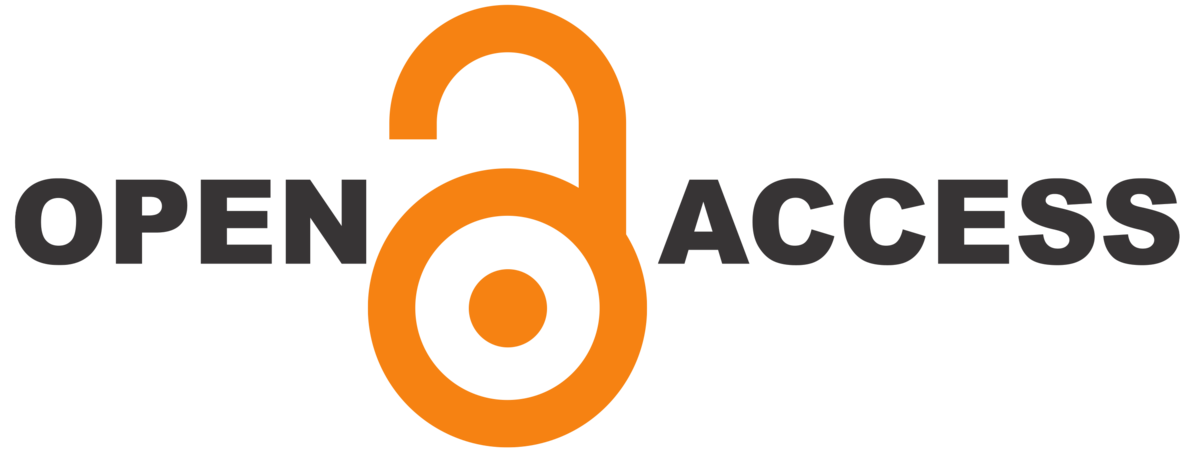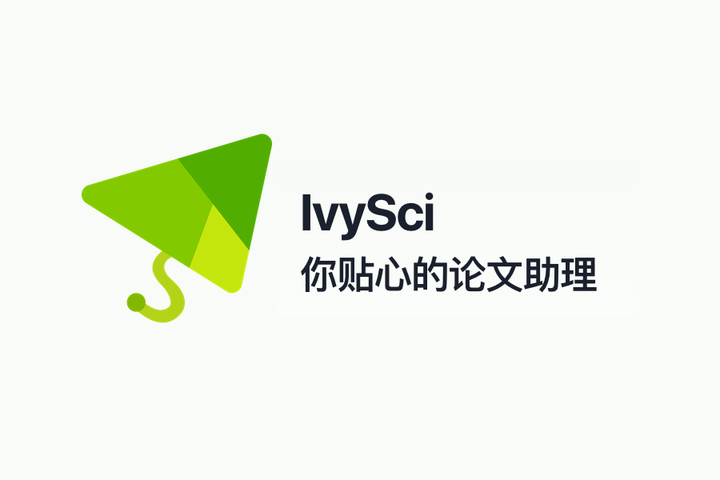Embedding Ethical AI in Digital Public Infrastructure: Strategic Governance Pathways for Indonesia
DOI:
https://doi.org/10.35166/jipm.v8i2.123Keywords:
AI Governance, Digital Public Infrastructure, Ethical AI, Policy RelevanceAbstract
Indonesia’s accelerating digital transformation, driven by programs such as Digital ID and INA Digital, has introduced both significant opportunities and complex governance challenges as Artificial Intelligence (AI) becomes integrated into public-sector decision-making. This conceptual paper proposes a strategic governance framework for ethical AI that aligns international standards such as the OECD AI Principles, the EU AI Act, and the NIST AI Risk Management Framework with Indonesia’s institutional and regulatory environment. The study contributes to the literature by articulating a policy-oriented model operationalizing ethics, transparency, and accountability within the national digital ecosystem. It further demonstrates how anticipatory governance, multistakeholder collaboration, and adaptive regulation can be embedded through ongoing programs led by the Ministry of Communication and Digital (Komdigi), BSSN, and BRIN. By linking global frameworks with local implementation pathways, this research provides conceptual advancement and policy relevance for emerging economies seeking to institutionalize trustworthy AI governance.
References
Ahmed, R., & Leung, J. (2024). Balancing innovation and ethics in AI governance for health technology assessment. Health Technology Assessment, 27(1), 754–757. https://doi.org/10.1080/ 13696998.2024.2352821
Alhusban, M., & Rahman, A. (2025). AI ethics: Integrating transparency, fairness, and privacy into governance frameworks. Ethics and Information Technology, 39(1), 2463722. https://doi.org/ 10.1080/08839514.2025.2463722
Batool, S., Zowghi, D., & Bano, M. (2025). AI governance: A systematic literature review. AI and Ethics, 5, 3265–3279. https://doi.org/10.1007/s43681-024-00653-w
Busuioc, M. (2021). Accountable artificial intelligence: Holding algorithms to account. Public Administration Review, 81(5), 825–836. https://doi.org/10.1111/puar.13293
Choung, H., David, P., & Seberger, J. S. (2023). A multilevel framework for AI governance. The Global and Digital Governance Handbook. Taylor & Francis Group. https://doi.org/10.48550/ arXiv.2307.03198
de Almeida, M. (2025). Advancing AI governance with a unified theoretical framework: A systematic review. Perspectives on Public Management and Governance. https://doi.org/10.1093/ppmgov/ gvaf013
Firdaus, M. (2024). Artificial intelligence ethics guidelines in Indonesia: Contestability safeguards and adaptive governance. Easta Journal of Law and Human Rights, 2(3), 176–185. https://doi.org/ 10.58812/eslhr.v2i03.283
Maria, I., & Riswadi, R. (2024). AI governance strategy in the Indonesian regulation system: Offensive or defensive? Solj Sharia Oikonomia Law Journal, 2(4), 233–243. https://doi.org/10.70177 /solj.v2i4.1643
Mišić, J., van Est, R., & Kool, L. (2025). Good governance of public sector AI: A combined value framework for good order and a good society. AI and Ethics, 5, 4875–4889. https://doi.org/ 10.1007/s43681-025-00751-3
Morley, J., & Floridi, L. (2023). Operationalising AI ethics: Barriers, enablers and next steps. AI and Society, 38, 411–423. https://doi.org/10.1007/s00146-021-01308-8
Nugroho, F. (2025). Artificial intelligence regulation and political ethics: An analysis of Indonesia’s position in AI governance. Journal of Political Innovation and Analysis, 2(1), 42–51. https://doi.org/10.59261/jpia.v2i1.10
OECD. (2019). OECD Principles on Artificial Intelligence. Organisation for Economic Co-operation and Development. https://oecd.ai/en/principles
Papagiannidis, S., Li, F., & Bourlakis, M. (2025). Responsible artificial intelligence governance: A review and research framework. Journal of Strategic Information Systems, 34(2), 101885. https://doi.org/ 10.1016/j.jsis.2024.101885
Roberts, H. (2024). Global AI governance: Barriers and pathways forward. International Affairs, 100(3), 1275–1294. https://doi.org/10.1093/ia/iiae073
Taeihagh, A. (2021). Governance of artificial intelligence: Balancing risk and innovation in public sector applications. Policy and Society, 40(2), 149–167. https://doi.org/10.1080/14494035.2021.1928377
Tjondronegoro, D. W. (2024). Strategic AI governance: Insights from leading nations. arXiv Preprint, 1, 1–22. https://doi.org/10.48550/arXiv.2410.01819
UNESCO. (2024). Ethical Governance of AI: Global Frameworks and Lessons for Southeast Asia. UNESCO Publishing. https://unesdoc.unesco.org/ark:/48223/pf0000387120
Wadipalapa, R. P., et al. (2024). An ambitious artificial intelligence policy in a decentralised governance system: Evidence from Indonesia. Journal of Current Southeast Asian Affairs, 43(1), 65–93. https://doi.org/10.1177/18681034231226393
Zaidan, E., Almarzooqi, M., & Bhatia, G. (2024). AI governance in a complex and rapidly changing world. Humanities and Social Sciences Communications, 11, 1121. https://doi.org/10.1057/s41599-024-03560-x
Downloads
Published
Issue
Section
License
Copyright (c) 2025 Journal of Infrastructure Policy and Management (JIPM)

This work is licensed under a Creative Commons Attribution-ShareAlike 4.0 International License.















